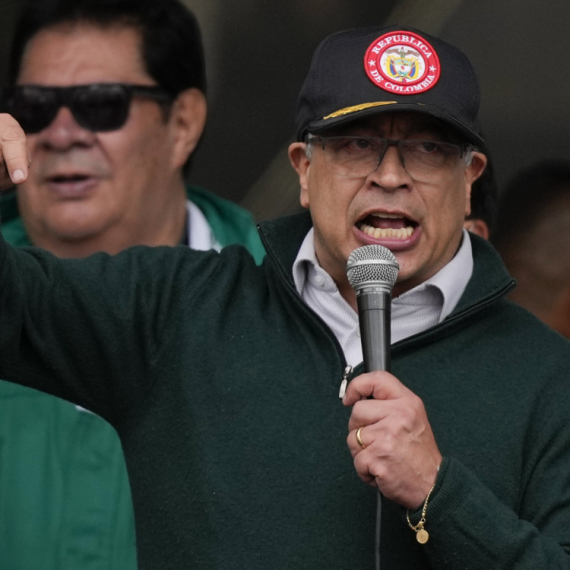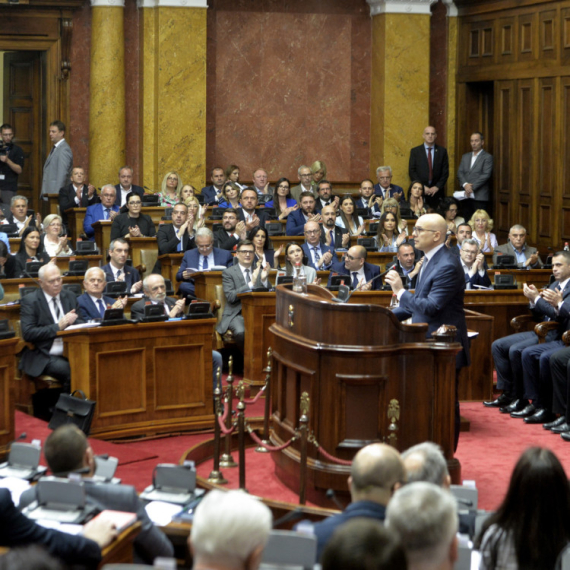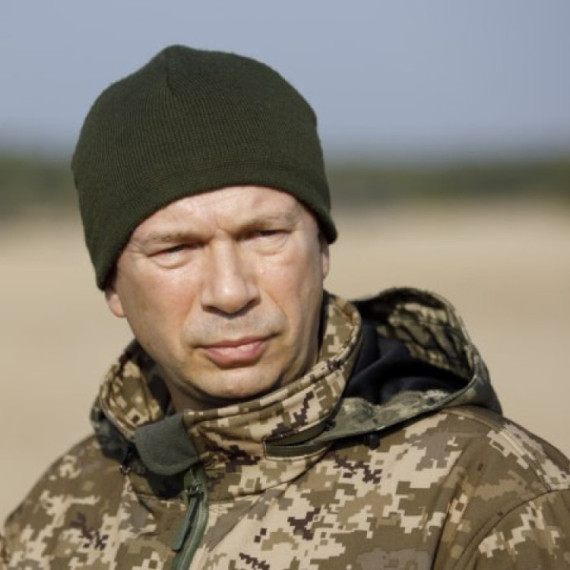“Pensions key to changes”
Economic expert Jurij Bajec said that the key topic in the IMF talks will be pensions.
Monday, 08.02.2010.
09:51

Economic expert Jurij Bajec said that the key topic in the IMF talks will be pensions. He said that there must be discussion of a solution that will enable in the long-term, a smaller amount of assets to be set aside from the budget for filling the pension fund. “Pensions key to changes” The International Monetary Fund (IMF) mission arrives in Belgrade on Monday for the third revision of the stand-by arrangement with Serbia. IMF officials are expected to hold talks with government and central bank officials for the next two weeks. Bajec, who is an economic advisor to the prime minister, said that pensions must be discussed with the IMF. “It is certain that we are close to changes that will bring improvements. Sometimes it will be felt right away, and sometimes in the long-term,” he told daily Vecernje novosti. He stressed that it is good for the reform of the pension system that Serbia has decided to treat those with beneficiary employment years restrictively, and to make conditions for entering retirement realistic, which was one of the demands of the IMF and World Bank. Bajec stated that the IMF recommended not to be late with the implementation of the realization of cutting the numbers of the state administration, which he said he agrees with, adding that being late with the operative implementation of a law can only do damage to the government, because it is paying wages to those that need to be receiving severance pay. However, he said that he believes that the rationalization will be finished soon. “It is certain that the question of unfreezing pensions and wages in the public sector will not be possible until significant economic recovery is achieved. In order for that to be discussed, economic activity must show serious signs of a revival,” Bajec said. Eight months ago, the IMF approved loan of EUR 2.9bn for strengthening the foreign currency reserve, and Serbia has thus far withdrawn about EUR 1.1bn. The third tranche of EUR 350mn will depend on the IMF’s next report. The National Bank of Serbia has a plan to withdraw the tranche in May. Serbia is obligated to decrease the wages of budget users, which correlates to freezing wages and pensions in the public sector. The agreement also calls for making unnecessary workers in the state administration redundant and adopted a new law for the pension-disability insurance system.
“Pensions key to changes”
The International Monetary Fund (IMF) mission arrives in Belgrade on Monday for the third revision of the stand-by arrangement with Serbia.IMF officials are expected to hold talks with government and central bank officials for the next two weeks.
Bajec, who is an economic advisor to the prime minister, said that pensions must be discussed with the IMF.
“It is certain that we are close to changes that will bring improvements. Sometimes it will be felt right away, and sometimes in the long-term,” he told daily Večernje novosti.
He stressed that it is good for the reform of the pension system that Serbia has decided to treat those with beneficiary employment years restrictively, and to make conditions for entering retirement realistic, which was one of the demands of the IMF and World Bank.
Bajec stated that the IMF recommended not to be late with the implementation of the realization of cutting the numbers of the state administration, which he said he agrees with, adding that being late with the operative implementation of a law can only do damage to the government, because it is paying wages to those that need to be receiving severance pay.
However, he said that he believes that the rationalization will be finished soon.
“It is certain that the question of unfreezing pensions and wages in the public sector will not be possible until significant economic recovery is achieved. In order for that to be discussed, economic activity must show serious signs of a revival,” Bajec said.
Eight months ago, the IMF approved loan of EUR 2.9bn for strengthening the foreign currency reserve, and Serbia has thus far withdrawn about EUR 1.1bn.
The third tranche of EUR 350mn will depend on the IMF’s next report.
The National Bank of Serbia has a plan to withdraw the tranche in May. Serbia is obligated to decrease the wages of budget users, which correlates to freezing wages and pensions in the public sector.
The agreement also calls for making unnecessary workers in the state administration redundant and adopted a new law for the pension-disability insurance system.



























































Komentari 1
Pogledaj komentare